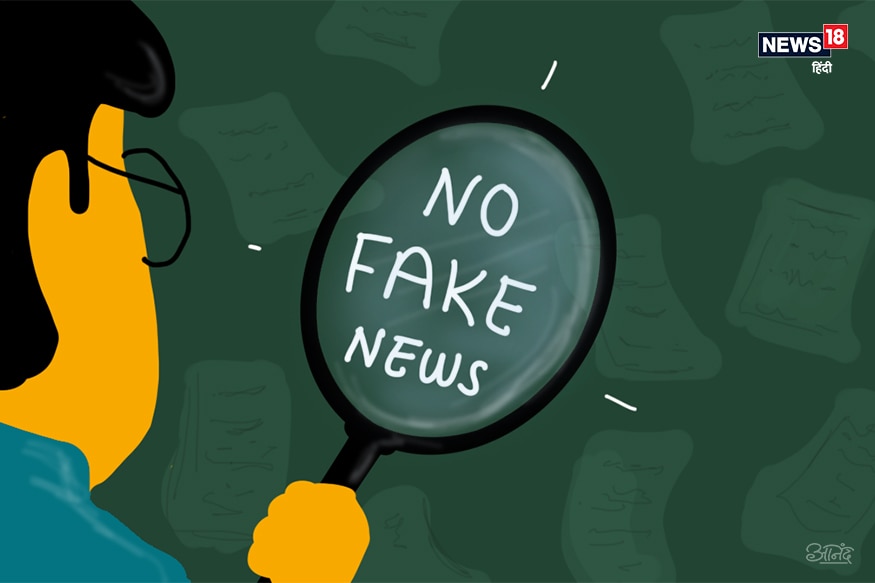The Central Board of Secondary Education (CBSE) has recently issued an official notice advising students and their families to refrain from trusting messages that are circulating virally on social media. This initiative aims to combat misinformation and ensures that students receive accurate and reliable information regarding their educational matters.
Background of the CBSE Notice
The rise of social media has significantly altered how information is disseminated and consumed. While it provides a platform for quick updates and communication, it also serves as a breeding ground for rumors and false information. In the context of academic pressures faced by students, misinformation can lead to unnecessary anxiety and confusion.
Types of Misinformation
| Type | Description |
|---|---|
| Exam Schedules | False updates on exam dates and formats. |
| Result Announcements | Rumors about early or delayed result declarations. |
| Curriculum Changes | Unverified claims regarding modifications in the syllabus. |
Importance of Official Communication
To ensure clarity and reduce the spread of misinformation, official communications from the CBSE and associated institutions are crucial. Students are encouraged to rely solely on information disseminated through the official CBSE website or authenticated channels. This practice not only maintains the integrity of academic processes but also empowers students to stay well-informed.
How to Verify Information
- Check the official CBSE website for updates.
- Follow verified CBSE social media accounts.
- Consult school administration for clarification.
Conclusion
In a world where information can be easily misconstrued or misrepresented, it is imperative for students and their families to be discerning about the sources of their information. The CBSE’s advisory serves as a reminder of the importance of seeking official updates and ensures that students can approach their education with confidence and clarity, free from the detrimental effects of social media rumors.
